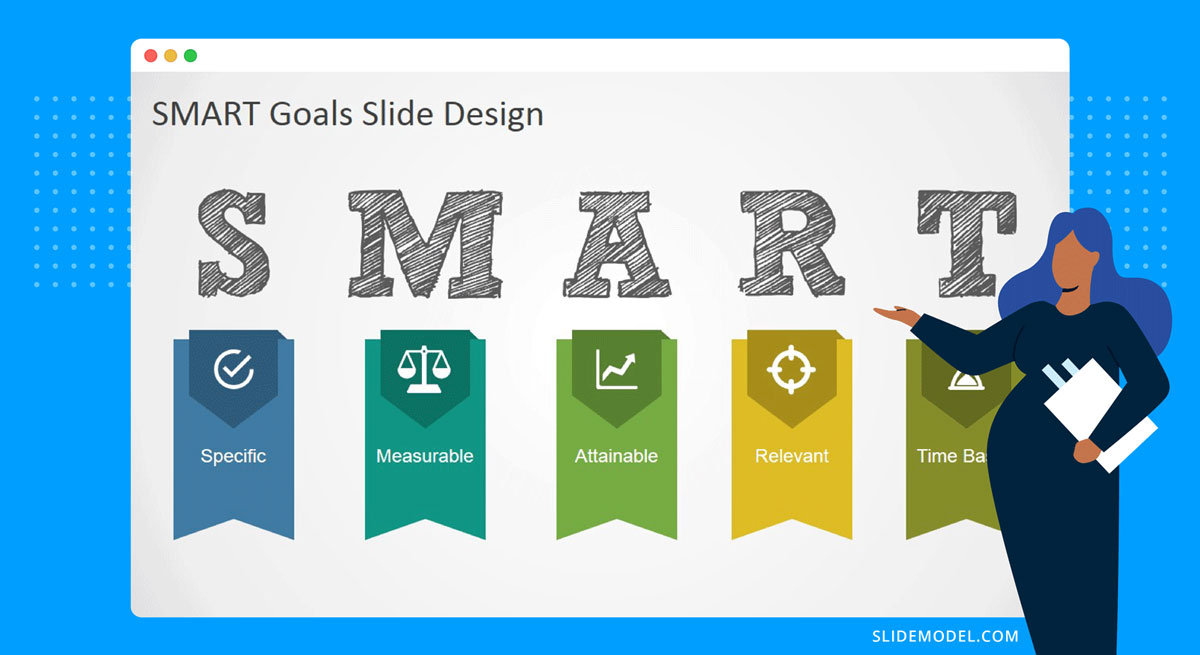AIM Uncovered
Exploring the latest insights and trends in technology and innovation.
Climbing Ladders and Dodging Pits: The Career Development Game
Master your career with Climbing Ladders and Dodging Pits—uncover strategies to level up and avoid common pitfalls for success!
Navigating Your Career Path: Essential Strategies for Climbing Ladders and Dodging Pits
Navigating your career path can often feel like a daunting task, but with the right strategies, you can climb ladders and avoid potential pitfalls. One of the essential strategies is to set clear goals for your career. This involves identifying where you see yourself in the next five to ten years and outlining the steps necessary to achieve those objectives. A useful method is the SMART framework—ensuring your goals are Specific, Measurable, Achievable, Relevant, and Time-bound. For more insights on effective goal-setting, consider reading this Mind Tools article.
Another critical aspect of navigating your career is to continuously develop your skills. This can be achieved through attending workshops, pursuing advanced certifications, or even seeking mentorship from seasoned professionals. Expanding your skill set not only enhances your employability but also prepares you for unexpected opportunities. Don't underestimate the power of networking as well. Building meaningful connections in your field can lead to collaborations and job opportunities that may not be advertised. To understand the importance of networking, check out this Forbes article on the topic.

Overcoming Career Obstacles: Tips for Avoiding Common Pitfalls
In today's competitive job market, overcoming career obstacles is crucial for personal and professional growth. One of the most common pitfalls individuals face is the fear of failure, which can be paralyzing. Embrace failures as learning opportunities and remember that each setback could lead to a new and better direction. To help navigate potential hurdles, consider seeking mentorship or guidance from experienced professionals. This not only provides valuable insights but also helps you build a supportive network. For more advice on building a robust professional network, check out this Forbes article.
Another significant obstacle can arise from inadequate skill development. In a swiftly changing job landscape, continuous learning is paramount. By proactively seeking new skills and staying current with industry trends, you greatly enhance your employability. Whether it's taking an online course or attending workshops, investing in your education pays off in the long run. Moreover, don't hesitate to request feedback from your peers or superiors, as this can offer a new perspective and highlight areas for improvement. For guidance on skill development, explore Skills You Need for valuable resources.
What Are the Key Skills Needed to Successfully Climb the Career Ladder?
Climbing the career ladder requires a diverse set of skills that not only enhance an individual's capabilities but also improve their visibility in the workplace. First and foremost, communication skills are paramount. Being able to articulate ideas clearly, listen actively, and engage effectively with colleagues can significantly impact one's career progression. Additionally, having a strong understanding of leadership qualities is essential, as it empowers individuals to inspire teams and drive projects to success. A combination of both technical and interpersonal skills serves as a foundation for advancing in one's career.
Furthermore, adaptability is increasingly becoming a crucial skill in today's fast-paced work environment. Professionals must be willing to learn new technologies and methodologies, embracing change as an opportunity for growth. Time management and organizational skills also go hand in hand, ensuring that goals are met efficiently. Lastly, cultivating a strong professional network can open doors, providing access to mentorship and new opportunities that are invaluable for career advancement.